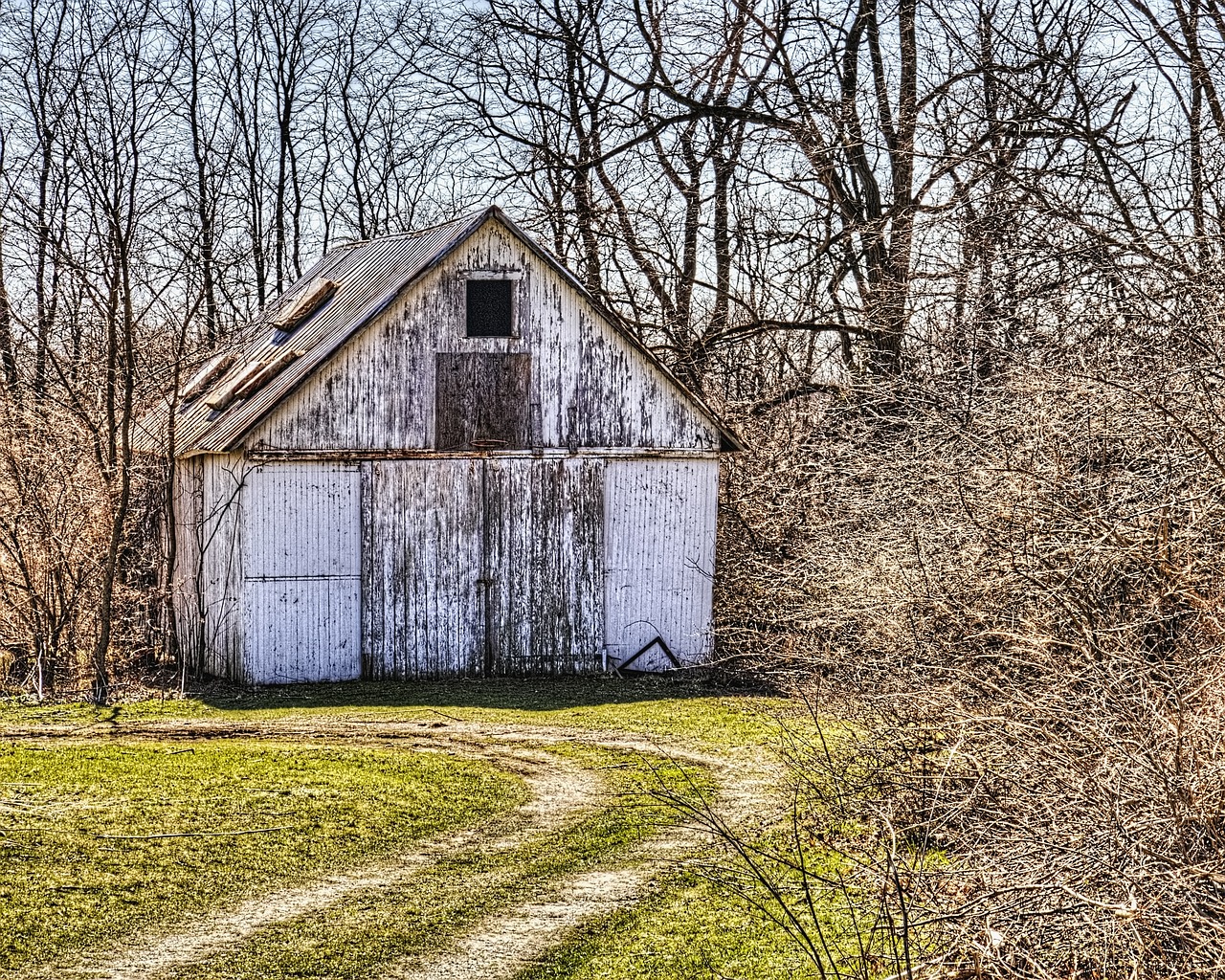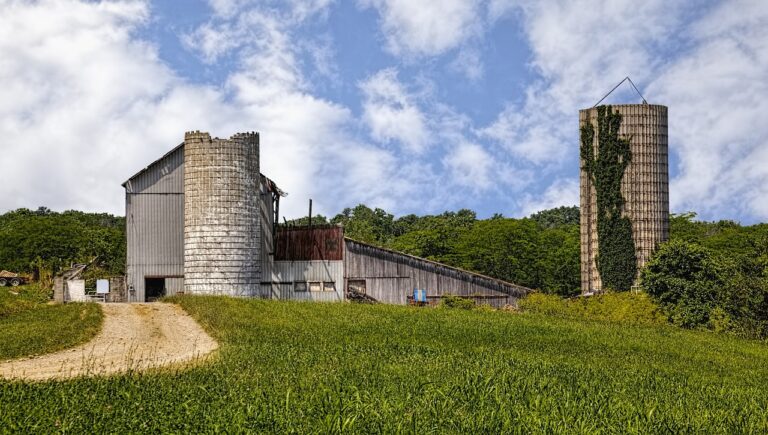Eco-Friendly Decking: Sustainable Materials for Outdoor Spaces
tiger exchange, golden77, sky 99 exch id: When it comes to creating outdoor spaces, decking plays a crucial role in extending your living area and providing a spot for relaxation and entertainment. However, traditional decking materials like wood treated with chemicals or composite materials made from non-renewable resources can have a significant impact on the environment. In recent years, there has been a growing interest in eco-friendly decking options that are sustainable and environmentally responsible.
In this article, we’ll explore the top sustainable decking materials that can help you create an eco-friendly outdoor space that aligns with your values.
Natural Wood Decking:
Wood has been a popular choice for decking for centuries due to its natural beauty and durability. However, not all wood is created equal when it comes to sustainability. Tropical hardwoods like teak and mahogany are often sourced from endangered forests, leading to deforestation and habitat destruction. Instead, consider using locally sourced, certified sustainable wood species like cedar, redwood, or cypress for your deck.
Recycled Plastic Decking:
Recycled plastic decking is a great eco-friendly alternative to traditional wood decking. Made from recycled plastics like milk jugs and plastic bags, this decking material is durable, low-maintenance, and resistant to rot and insects. Plus, using recycled plastic helps reduce the amount of waste that ends up in landfills and oceans.
Bamboo Decking:
Bamboo is a fast-growing and renewable resource that makes an excellent decking material. It is strong, lightweight, and resistant to moisture, making it ideal for outdoor use. Bamboo decking is also more eco-friendly than traditional wood decking because it grows rapidly without the need for pesticides or fertilizers.
Composite Decking:
Composite decking is made from a combination of wood fibers and recycled plastic, making it a sustainable and durable option for outdoor spaces. It is resistant to rot, mold, and insects, and requires minimal maintenance compared to traditional wood decking. Additionally, composite decking comes in a variety of colors and finishes to suit any design aesthetic.
Cork Decking:
Cork decking is a unique and eco-friendly option that offers many benefits for outdoor spaces. Cork is a renewable resource harvested from the bark of cork oak trees, which regrow after harvesting. Cork decking is naturally resistant to mold, mildew, and insects, making it a low-maintenance and sustainable choice for your deck.
Stone Decking:
Stone decking is a timeless and sustainable option for outdoor spaces that offers durability and natural beauty. Stone decking can be made from a variety of materials like limestone, granite, or travertine, and is resistant to wear and tear, making it a long-lasting choice for your deck. Additionally, stone decking requires minimal maintenance and does not contribute to deforestation or habitat destruction.
FAQs:
1. What are the benefits of eco-friendly decking materials?
Eco-friendly decking materials are sustainable, environmentally responsible, and reduce the impact on ecosystems and natural resources. They also tend to be durable, low-maintenance, and resistant to rot, mold, and insects, making them a long-lasting and cost-effective choice for outdoor spaces.
2. Are eco-friendly decking materials more expensive than traditional options?
While some eco-friendly decking materials may have a higher upfront cost, they often require less maintenance and last longer than traditional options, making them a cost-effective choice in the long run. Additionally, the environmental benefits of using sustainable materials can outweigh the initial investment.
3. How can I ensure that my deck is built using sustainable practices?
When building a deck, be sure to work with a contractor or builder who is knowledgeable about eco-friendly materials and practices. Choose materials that are certified sustainable or made from recycled or renewable resources, and consider the environmental impact of your deck’s lifecycle, including maintenance and disposal.
4. What maintenance is required for eco-friendly decking materials?
The maintenance required for eco-friendly decking materials varies depending on the material used. Generally, eco-friendly decking materials like recycled plastic, composite, and stone require minimal maintenance compared to traditional wood decking. Regular cleaning and inspections can help prolong the lifespan of your deck and keep it looking its best.
5. Can I use eco-friendly decking materials for a rooftop deck or balcony?
Yes, eco-friendly decking materials can be used for rooftop decks and balconies, providing a sustainable and stylish outdoor space that complements your home. Be sure to choose materials that are lightweight, durable, and suitable for outdoor use to create a functional and eco-friendly deck in these unique spaces.







